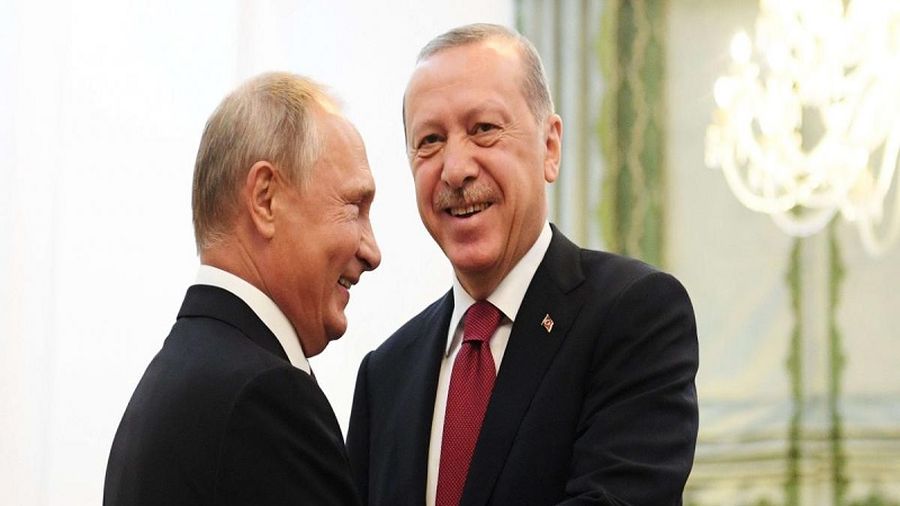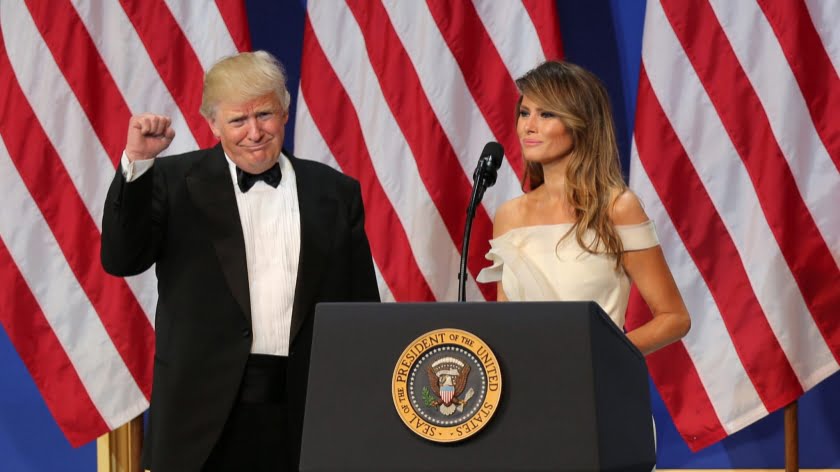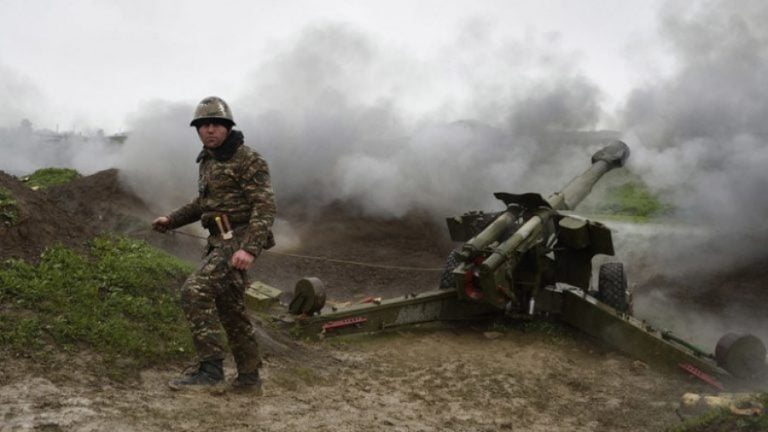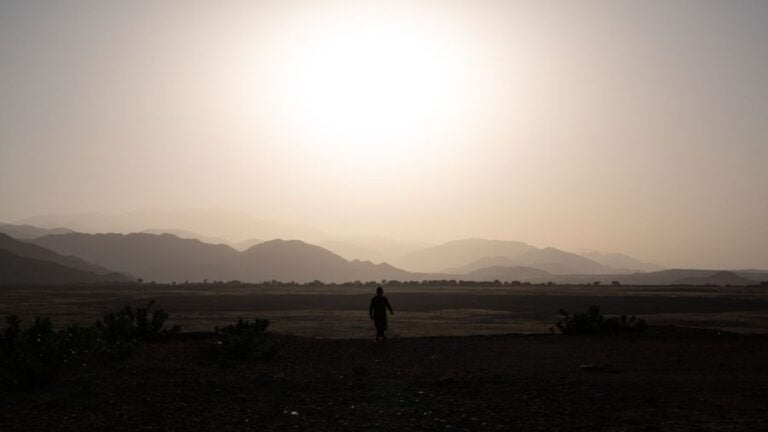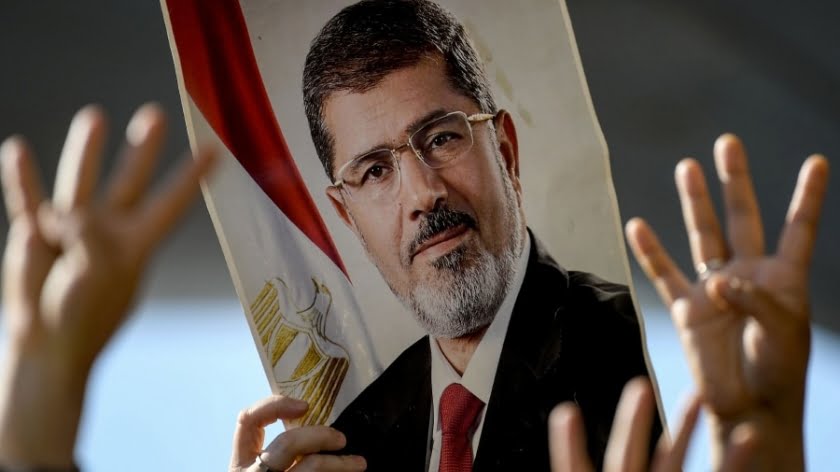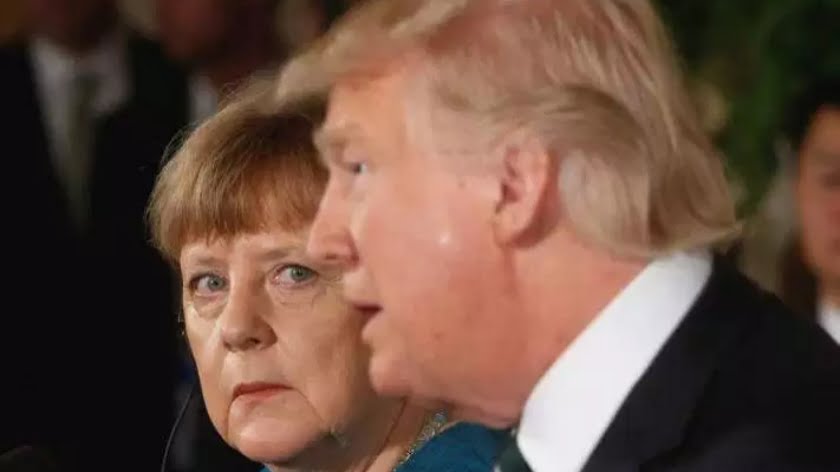Russian-Turkish Relations In The New Cold War Are Much Better Than Many Might Think
Even though Ankara voted against Moscow at the UNGA, it still retains excellent relations with it in practice. This is evidenced by the country keeping its airspace open to Russia, refusing to sanction it despite heavy American pressure to do so, and President Erdogan’s offer to conduct bilateral trade in rubles, yuan, and/or gold. It also hosted talks between the Russian and Ukrainian Foreign Ministers during last week’s Antalya Diplomacy Forum.
Russia and Turkey are historical rivals that have impressively learned to responsibly regulate their competition due to the pragmatic vision and proactive efforts by their leaders. Even though Ankara voted against Moscow at the UNGA, it still retains excellent relations with it in practice. This is evidenced by the country keeping its airspace open to Russia, refusing to sanction it despite heavy American pressure to do so, and President Erdogan’s offer to conduct bilateral trade in rubles, yuan, and/or gold. It also hosted talks between the Russian and Ukrainian Foreign Ministers during last week’s Antalya Diplomacy Forum. This proves that their ties are better in practice than Turkey’s UNGA vote suggests.
This observation is crucial to keep in mind since a multitude of forces are actively working to divide and rule these multipolar Great Powers, including those in the Alt-Media Community that putatively claim to be “Russian-friendly” but nevertheless propagate fake news about Russia’s Turkish partner. To be absolutely clear, Turkey has certainly done some things that Russia rightly rights are unfriendly, such as selling Bayraktar drones to Ukraine that have since been employed in attempts to attack the Russian Armed Forces (RAF) throughout the course of their ongoing special military operation in Ukraine and continuing to deny the legitimacy of Crimea’s democratic reunification with Russia.
Even so, it’s important to stress that this still hasn’t impeded Turkey from cultivating very strategic relations with Russia in the economic, energy, military, and tourism domains and refusing to submit to American pressure to sanction its strategic partner. This speaks to that country’s clever multi-alignment within the bi-multipolar world order that’s come to define contemporary International Relations. Turkey will always advance what it regards to be its national interests, which in this context refers to its combination of friendly and unfriendly policies towards Russia. Their interests might not always align, but their leaders have worked very hard to ensure that this doesn’t lead to a clash or falling out.
The complex relations between these multipolar Great Powers are worthy of further study but few have thus far done so for whatever their reasons may be. Upon further examination, observers will likely learn that their ties will probably represent the “new normal” between Russia and some of its non-traditional partners. No one should expect any pair of countries to always agree about everything, let alone historical rivals like Russia and Turkey, but their complicated history doesn’t automatically mean that they’ll fail to find common areas in which to cooperate. Even formal American allies like fellow NATO member Turkey are proving that they’re strategically autonomous enough to defy its pressure.
This is commendable and should be celebrated regardless of however one might feel about other aspects of Turkish policy such as its approaches towards Russia’s Armenian and Syrian allies. It’s unrealistic that Russia and Turkey will see eye-to-eye on everything, but it’s important that they haven’t clashed over those issues where their interests don’t align. Even more significantly, Turkey refused to submit to American pressure to sanction Russia, which will surely provoke the US’ ire, though Ankara seems prepared to deal with whatever further Hybrid War pressure Washington might impose upon it. Moscow should therefore extend whatever reasonable support is required to help Ankara upon request.

